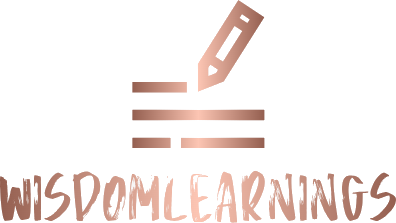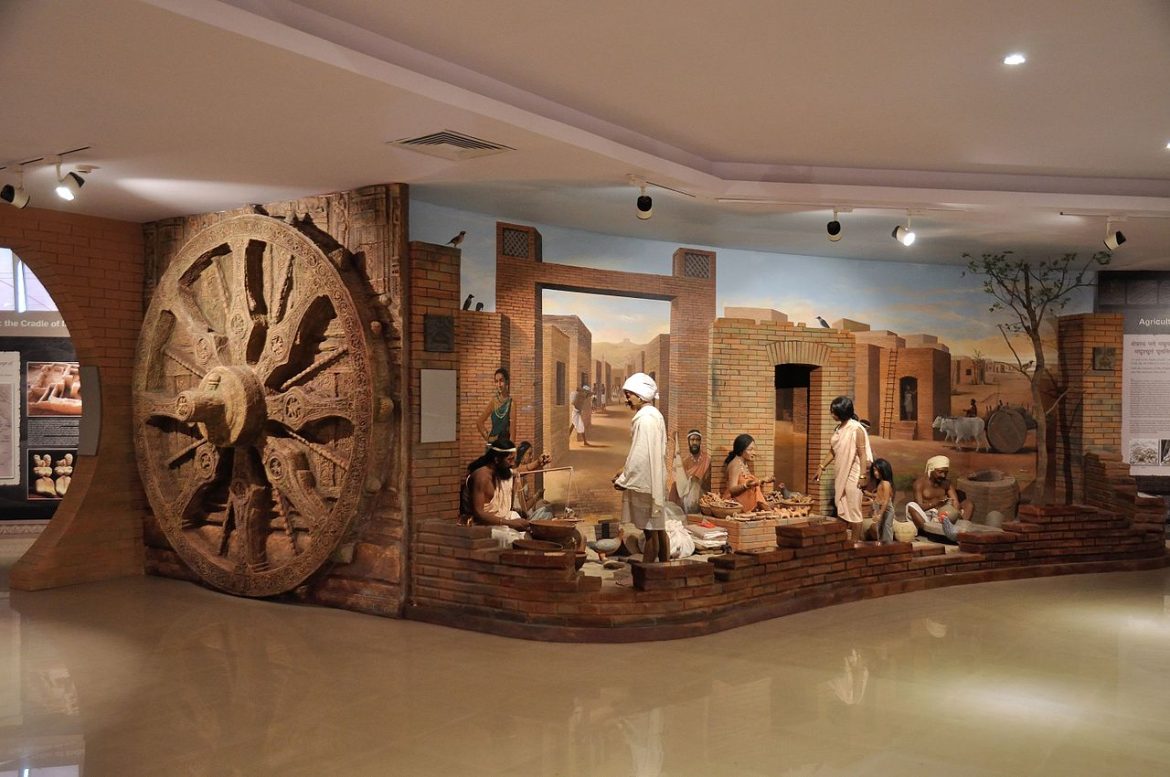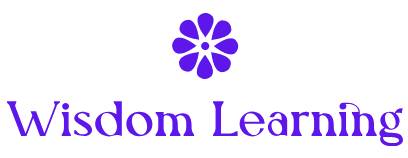Table of Contents
Museums serve as guardians of cultural heritage, offering invaluable insights into human history, art, and traditions. By preserving artifacts, artworks, and documents, museums play a crucial role in maintaining cultural identity and fostering an appreciation for diverse histories. This article explores the essential functions of museums in preserving cultural heritage and the impact they have on society.
1. Safeguarding Artifacts and Collections
1.1. Conservation and Restoration
One of the primary responsibilities of museums is the conservation and restoration of artifacts. Conservation involves the scientific analysis and treatment of objects to prevent deterioration, while restoration aims to return items to a stable and historically accurate condition. Museums employ skilled conservators and use advanced techniques to preserve artifacts, from ancient manuscripts to delicate artworks, ensuring they remain intact for future generations.

1.2. Archiving and Documentation
Museums meticulously document their collections, creating detailed records of each item’s origin, condition, and historical significance. This documentation is crucial for tracking the provenance of artifacts and ensuring their authenticity. Archiving involves storing objects in controlled environments to minimize damage from factors such as light, humidity, and temperature. Proper documentation and archiving help safeguard cultural heritage by preserving critical information and facilitating research.
2. Educating the Public
2.1. Exhibitions and Interpretive Programs
Museums play a significant role in educating the public about cultural heritage through exhibitions and interpretive programs. Exhibitions showcase artifacts and artworks, often accompanied by detailed descriptions and contextual information. Interpretive programs, such as guided tours, lectures, and workshops, enhance visitors’ understanding of the historical and cultural significance of exhibits. By offering these educational opportunities, museums help foster a deeper appreciation and knowledge of diverse cultures and histories.
2.2. Outreach and Community Engagement
Museums also engage with communities through outreach programs and partnerships. These initiatives may include traveling exhibitions, educational workshops in schools, and community events that highlight local cultural heritage. By reaching out to diverse audiences, museums promote cultural understanding and inclusivity, making heritage accessible to people from various backgrounds and experiences.
3. Preserving Intangible Heritage
3.1. Documenting Oral Histories and Traditions
In addition to physical artifacts, museums play a crucial role in preserving intangible cultural heritage, such as oral histories, traditions, and performing arts. Documenting oral histories involves recording personal narratives and community stories that provide valuable insights into cultural practices and beliefs. Museums often collaborate with communities to capture and archive these intangible elements, ensuring that they are preserved alongside physical collections.

3.2. Supporting Traditional Practices
Museums also support the preservation of traditional practices by showcasing and educating the public about these practices. This includes hosting demonstrations, workshops, and performances that highlight traditional crafts, music, dance, and rituals. By promoting the continued practice and appreciation of these traditions, museums help ensure that cultural heritage remains vibrant and relevant.
4. Promoting Cultural Heritage Research
4.1. Facilitating Academic Research
Museums contribute to cultural heritage research by providing access to their collections and archives for academic study. Researchers, scholars, and students utilize museum resources to explore various aspects of cultural history, art, and anthropology. Museums often collaborate with academic institutions to conduct research, publish findings, and advance knowledge in the field of cultural heritage.
4.2. Supporting Preservation Science
Research in preservation science is essential for developing new techniques and technologies to protect and conserve cultural heritage. Museums actively participate in research projects focused on improving conservation methods, analyzing environmental impacts, and addressing challenges related to the preservation of specific types of artifacts. By investing in preservation science, museums enhance their ability to safeguard cultural heritage effectively.
5.1. Addressing Provenance and Repatriation
Museums must navigate ethical and legal considerations related to the provenance and repatriation of cultural artifacts. Provenance refers to the history of an artifact’s ownership and acquisition, which is critical for ensuring that items were obtained legally and ethically. Repatriation involves returning artifacts to their country or community of origin, particularly when they were acquired under questionable circumstances. Museums are increasingly engaging in discussions and actions to address these issues and uphold ethical standards in cultural heritage preservation.
5.2. Ensuring Inclusivity and Representation
Museums also face the challenge of ensuring inclusivity and representation in their collections and exhibitions. This involves addressing historical biases and ensuring that diverse cultural perspectives are accurately and respectfully represented. Museums are working to create more inclusive narratives and engage with communities to ensure that all voices are heard and valued in the preservation and presentation of cultural heritage.

6. Future Directions for Museums
6.1. Embracing Digital Technology
The integration of digital technology is transforming the way museums preserve and share cultural heritage. Digital archives, virtual exhibitions, and interactive online resources provide new opportunities for engaging audiences and making collections accessible globally. Museums are investing in digital tools to enhance preservation efforts, expand educational outreach, and reach wider audiences.
6.2. Fostering Global Collaboration
Global collaboration is essential for addressing the challenges of cultural heritage preservation. Museums are increasingly partnering with international institutions, organizations, and communities to share knowledge, resources, and expertise. Collaborative efforts help address global issues such as climate change, which can impact the preservation of cultural sites and artifacts.
Conclusion
Museums play a vital role in preserving cultural heritage by safeguarding artifacts, educating the public, documenting intangible heritage, promoting research, and navigating ethical considerations. Their efforts contribute to the preservation of human history and cultural diversity, fostering a deeper understanding and appreciation of our shared heritage. As museums continue to evolve and embrace new technologies and collaborative approaches, they remain essential in ensuring that cultural heritage is preserved and celebrated for future generations.


